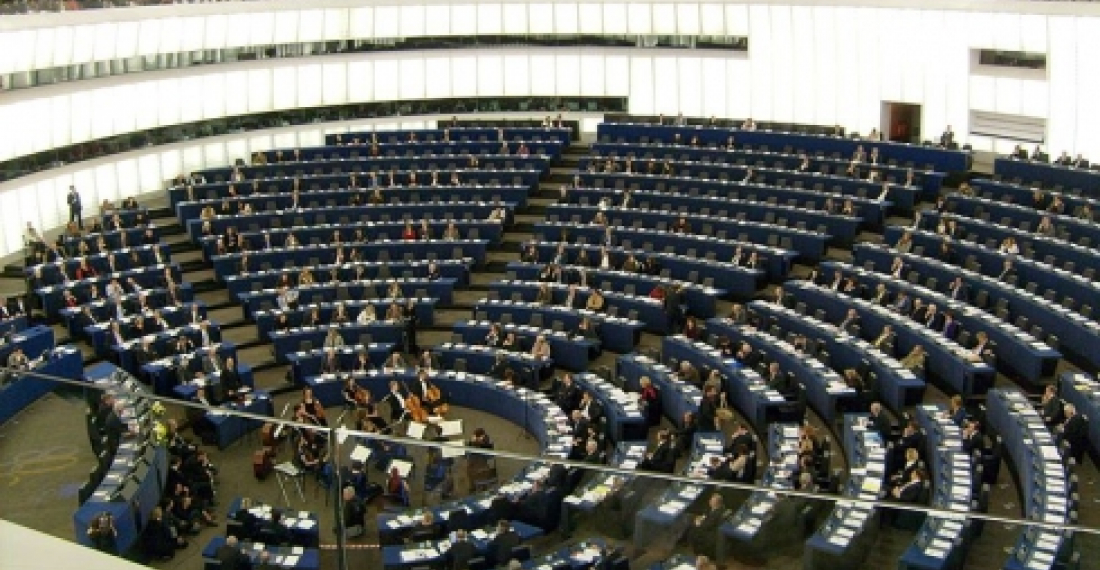The European parliament yesterday adopted a resolution regarding the case of Ramil Safarov. The resolution states that the Parliament:
1. Stresses the importance of the rule of law and of honouring commitments made;
2. Deplores the decision by the President of Azerbaijan to pardon Ramil Safarov, a convicted murderer sentenced by the courts of a Member State of the European Union; regards that decision as a gesture which could contribute to further escalation of the tensions between two countries, and which is exacerbating feelings of injustice and deepening the divide between those countries, and is further concerned that this act is jeopardising all peaceful reconciliation processes within the societies concerned and may undermine the possible future development of peaceful people-to-people contact in the region;
3. Considers that, while the presidential pardon granted to Mr Safarov complies with the letter of the Convention on the Transfer of Sentenced Persons, it runs contrary to the spirit of that international agreement, which was negotiated to allow the transfer of a person convicted on the territory of one state to serve the remainder of his or her sentence on the territory of another state;
4. Considers the presidential pardon granted to Mr Safarov as a violation of the diplomatic assurances given to the Hungarian authorities in Azerbaijan’s request for transfer on the basis of on the Convention on the Transfer of Sentenced Persons;
5. Deplores the hero’s welcome accorded to Mr Safarov in Azerbaijan and the decision to promote him to the rank of major and pay him eight years’ back salary upon his arrival, and is concerned about the example this sets for future generations and about the promotion and recognition he has received from the Azerbaijani state;
6. Takes the view that the frustration in Azerbaijan and Armenia over the lack of any substantial progress as regards the peace process in Nagorno-Karabakhdoes not justify either acts of revenge or futile provocations that add further tension to an already tense and fragile situation;
7. Expresses its support for the ongoing efforts of the European External Action Service (EEAS), the EU Special Representative for the South Caucasus and the Member States to defuse tensions and ensure that progress is made towards peace in the region;
8. Supports the Co-Chairs of the OSCE Minsk Group in their efforts to secure substantial progress in the peace process in Nagorno-Karabakh with a view to finding a lasting, comprehensive settlement in accordance with international law;
9. Insists that the EU should play a stronger role in the settlement of the conflict in Nagorno-Karabakh by supporting the implementation of confidence-building measures which will bring together Armenian and Azerbaijani communities and spread ideas of peace, reconciliation and trust on all sides;
10. Reiterates its position that the association agreement currently being negotiated between the EU and Azerbaijan should include clauses and benchmarks relating to the protection and promotion of human rights and the rule of law;
11. Condemns all forms of terrorism and the use of threats of terrorism;
12. Instructs its President to forward this resolution to the EEAS, the European Council, the Commission, the respective governments and parliaments of the Republic of Azerbaijan and the Republic of Armenia, the Council of Europe, the OSCE and the UN Special Rapporteur on human rights and counter-terrorism.
source: www.europarl.eu







